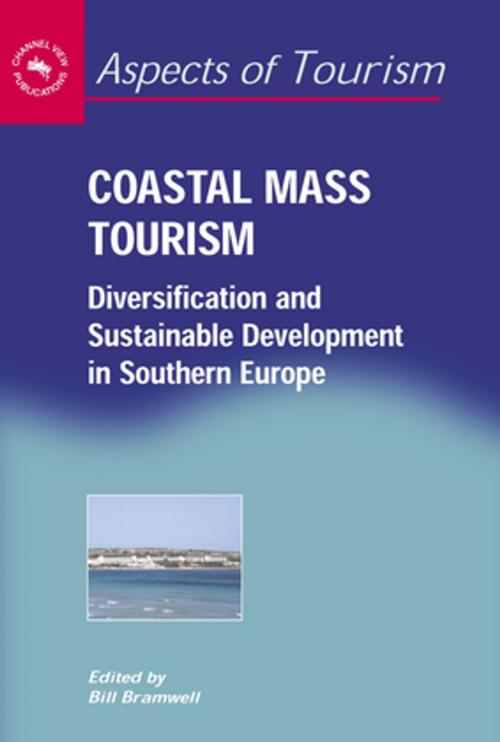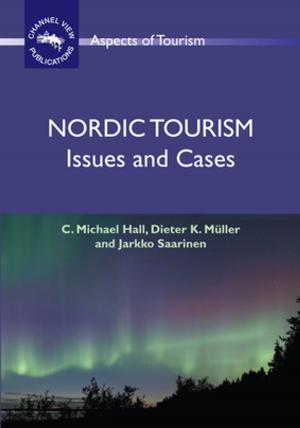Coastal Mass Tourism
Diversification and Sustainable Development in Southern Europe
Business & Finance, Industries & Professions, Hospitality, Tourism & Travel, Economics, Sustainable Development| Author: | ISBN: | 9781845413736 | |
| Publisher: | Channel View Publications | Publication: | February 5, 2004 |
| Imprint: | Channel View Publications | Language: | English |
| Author: | |
| ISBN: | 9781845413736 |
| Publisher: | Channel View Publications |
| Publication: | February 5, 2004 |
| Imprint: | Channel View Publications |
| Language: | English |
The Mediterranean coastal regions of Southern Europe have long been world leaders in mass tourism. This book examines some key questions for tourism development in these areas, with implications for similar regions across the world. The standardised forms of mass tourism are diversifying – with more specialised forms, notably those based on nature, culture and heritage, and those catering for special interests. There is a growing spectrum of modes of tourism, with an emphasis on variety, flexibility and permeability. Both mass tourism and the more diversified forms substantially impact on sustainable development. Policies promoting sustainable development are often of two main types: developing smaller-scale, alternative tourism products that are intended to be less damaging to the environment and society, and secondly, attempts to make mass tourism coastal resorts more sustainable. But there has been little critical assessment of these policies, either evaluating their basic assumptions or their successes and failures in practice. This edited book critically examines these issues for varied coastal regions in Southern Europe, including case studies from Spain, Croatia, Turkey, and north and south Cyprus.
The Mediterranean coastal regions of Southern Europe have long been world leaders in mass tourism. This book examines some key questions for tourism development in these areas, with implications for similar regions across the world. The standardised forms of mass tourism are diversifying – with more specialised forms, notably those based on nature, culture and heritage, and those catering for special interests. There is a growing spectrum of modes of tourism, with an emphasis on variety, flexibility and permeability. Both mass tourism and the more diversified forms substantially impact on sustainable development. Policies promoting sustainable development are often of two main types: developing smaller-scale, alternative tourism products that are intended to be less damaging to the environment and society, and secondly, attempts to make mass tourism coastal resorts more sustainable. But there has been little critical assessment of these policies, either evaluating their basic assumptions or their successes and failures in practice. This edited book critically examines these issues for varied coastal regions in Southern Europe, including case studies from Spain, Croatia, Turkey, and north and south Cyprus.















